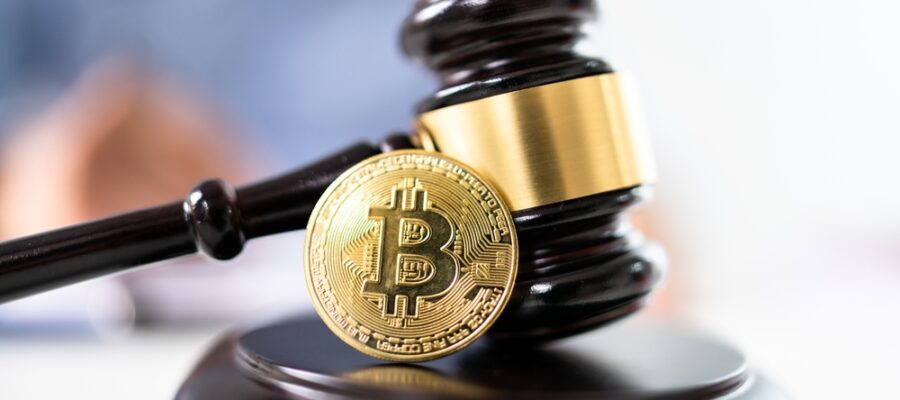On Wednesday, a judge in a Florida-based court ruled in favor of a crypto user who sued unknown hackers and delivered formal notification of legal action using a non-fungible token (NFT).
Judge Beth Bloom’s ruling declared that the anonymous hackers were responsible for stealing over $971,000 in USDT from a Coinbase wallet owned by Rangan Bandyopadhyay in November 2021.
Bloom ordered the culprits to return the exact figure to Bandyopadhyay, with the funds set to accrue interest until they are fully paid.
Due to blockchain privacy, it is not yet clear who these hackers were, and their country of origin is also unknown. For this reason, Judge Bloom allowed them to be served using NFT via the same blockchain address they used to rob Bandyopadhyay.
How Hackers Robbed the Plaintiff
In his court filing, Bandyopadhyay explained that the hackers tricked him into connecting his Coinbase wallet to a scam liquidity mining protocol and later drained funds from that wallet to theirs. After multiple transfers, the plaintiff’s USDT ended up on Binance Exchange.
Judge Bloom’s decision to allow NFTs to be used in serving defendants with legal notices marks the first time an American Court has permitted the issuance of official notifications via the digital asset.
Last Year, a court in the United Kingdom determined that NFT is an acceptable way of notifying unidentified on-chain defendants in the country.
This trend is expected to help legal systems catch up with the new types of crime conducted on the blockchain.
Normally, crypto-savvy hackers create a network of fake projects and then deceive unsuspecting victims into linking their wallets, which are drained almost immediately. The anonymity on the blockchain makes it difficult to recover the stolen funds.
Plaintiff’s Attorney Says Client Will Recover Stolen USDT
However, Bandyopandhyay’s attorney Fernando Bobadilla is confident that his client will get his funds back, although he would not explain how they plan to achieve that.
Bodadilla said knowing where his client’s USDT is sitting would make the recovery strategy viable. But it remains unclear whether Binance, the exchange where the tokens were deposited, froze the assets.
All trademarks, logos, and images displayed on this site belong to their respective owners and have been utilized under the Fair Use Act. The materials on this site should not be interpreted as financial advice. When we incorporate content from other sites, we ensure each author receives proper attribution by providing a link to the original content. This site might maintain financial affiliations with a selection of the brands and firms mentioned herein. As a result, we may receive compensation if our readers opt to click on these links within our content and subsequently register for the products or services on offer. However, we neither represent nor endorse these services, brands, or companies. Therefore, any disputes that may arise with the mentioned brands or companies need to be directly addressed with the respective parties involved. We urge our readers to exercise their own judgement when clicking on links within our content and ultimately signing up for any products or services. The responsibility lies solely with them. Please read our full disclaimer and terms of use policy here.

